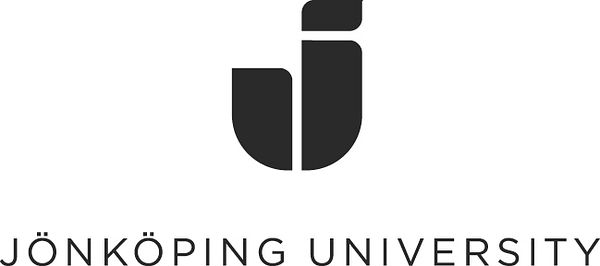
Press release -
Award for master thesis on e-leadership
Projects where the team members rarely meet face-to-face, but instead use e-mail and other tools for virtual meetings, are becoming more and more common. How does this affect the team and its work? The Swedish Project Academy has awarded a master thesis on this subject, written by two students at JIBS.
“The big problem is how to communicate within a project team that is separated, both geographically and organisationally. How do you build trust and what kind of leadership works best? How do you handle challenges like cultural differences and conflicts?” says Alfred Park, who wrote the thesis together with Luminita Popescu.
The students conducted interviews and surveys with project managers and project members in different countries. They started with an existing model called Type of Trust Required in Team Stages (Greenberg, Greenberg & Antonucci, 2007, p. 328), and tested it in practice.
Although there are many tools for virtual meetings, e-mail and phone are still being used to a great extent. This is primarily due to a lack of knowledge when it comes to technical solutions, and that the solutions are not perceived as well functioning. Physical meetings are rare.
“The solution to a lot of the problems is to have a face-to-face meeting at the beginning of the project, in order to build confidence and create a project culture, and then continue to have physical meetings fairly consistently to maintain that culture”, says Alfred Park.
One thing that the students found may seem surprising; that task-related conflicts in a project has a positive impact on efficiency.
“There are two kinds of conflicts; those that have to do with the task and those that have to do with relationships”, says Alfred Park. “When it comes to task-related conflicts, it turns out that they give the team members an opportunity to vent their emotions, and that increases effectiveness and strengthens the team spirit. Friction is sometimes necessary to achieve a good result.”
Task-oriented leadership versus relationship-oriented leadership is another topic in the thesis. Alfred Park and Luminita Popescu come to the conclusion that what works best for a project is to have a mix of the two. Contrary to what has previously been believed, many project leaders work that way.
“There is usually a task-oriented leadership in the beginning of a project, when you set the expectations and deadlines. In the middle the leadership is more relationship oriented, when you continue to build trust, and in the end it will again become more task-oriented”, says Alfred Park.
The aim of the Swedish Project Academy is to promote development and application of the project form of organizing. The Academy presents an annual national award for the best master or bachelor thesis within the project management field.
The jury stated that the thesis is well written, well aligned both to current research frontiers and practical needs and a showcase of impressive methodological and analytical abilities.
Related links
Topics
Categories
Jönköping University Foundation is one of three independent institutions of higher education in Sweden offering postgraduate programmes. It is characterised by focused profiles, internationalisation, an entrepreneurial spirit and collaboration with surrounding society. Research and education are carried out at four schools: Jönköping International Business School, School of Education and Communication, School of Engineering and School of Health Sciences. Jönköping University has some 10,000 registered students, 725 employees and a turnover of approximately SEK 800 million.
